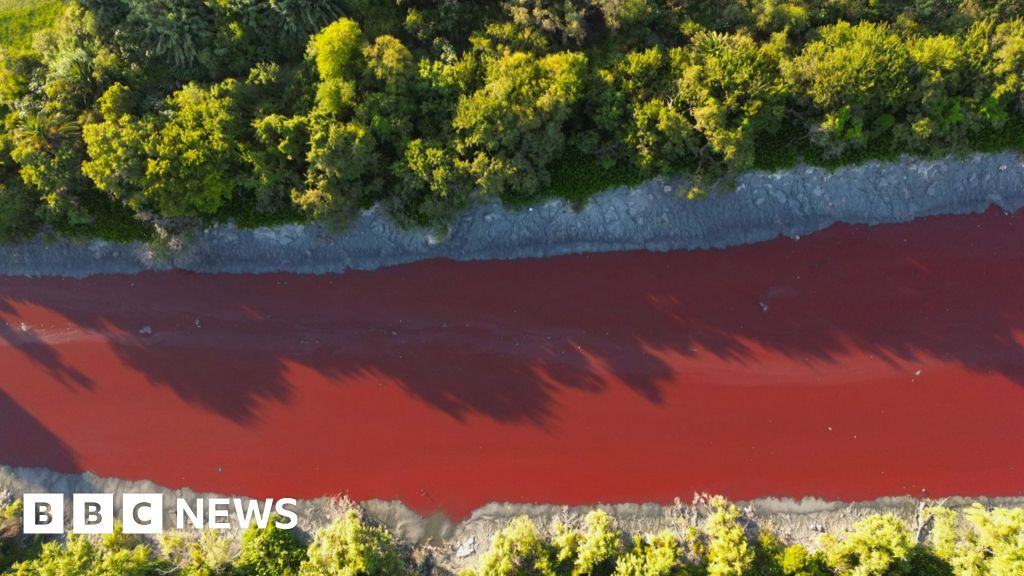The Israeli prime minister says country can ‘stand alone’ but hopes US and Israel can overcome differences
Prime Minister Benjamin Netanyahu said on Thursday that a US threat to withhold some arms would not prevent Israel from continuing its offensive in Gaza, indicating it might proceed with an invasion of the packed city of Rafah against the wishes of its closest ally.
President Joe Biden has urged Israel not to go ahead with such an operation over fears it would exacerbate the humanitarian catastrophe in the Palestinian enclave. On Wednesday, he said the United States would not provide offensive weapons for a Rafah offensive, raising pressure on Netanyahu.
But in a statement released Thursday, Netanyahu said “if we have to stand alone, we will stand alone. If we need to, we will fight with our fingernails. But we have much more than fingernails.”
Israel has repeatedly threatened to invade Rafah, where some 1.3 million Palestinians — over half the population — have sought refuge. The city in southern Gaza is also the main hub for humanitarian operations, which have been severely hindered by the closure of Gaza's two main crossings this week.
Israel says Rafah is the last stronghold of Hamas and that the army must go in if it hopes to dismantle the group and return scores of hostages captured in the October 7 attack that triggered the war.
In an earlier response to Biden's decision, Israel’s far-right National Security Minister Itamar Ben-Gvir wrote a post on the platform X with a heart emoji between the words “Hamas” and “Biden.” He and other ultra-nationalist members of Netanyahu’s coalition support a large-scale Rafah operation and have threatened to bring down his government if it doesn’t happen.
Aid groups say a Rafah invasion would be catastrophic. The UN says most of the territory’s 2.3 million Palestinians suffer from hunger and that northern Gaza is already experiencing “full-blown famine.”
Even the limited operation Israel launched earlier this week, in which a tank brigade captured the Gaza side of the Rafah border crossing with Egypt, has thrown humanitarian operations into crisis.
It also complicated what had been months of efforts by the US, Qatar and Egypt to broker a cease-fire and the release of hostages. Hamas this week said it had accepted an Egyptian-Qatari cease-fire proposal, but Israel says the plan does not meet its “core” demands. Several days of follow-up talks appeared to end inconclusively on Thursday.

 8 months ago
43
8 months ago
43









